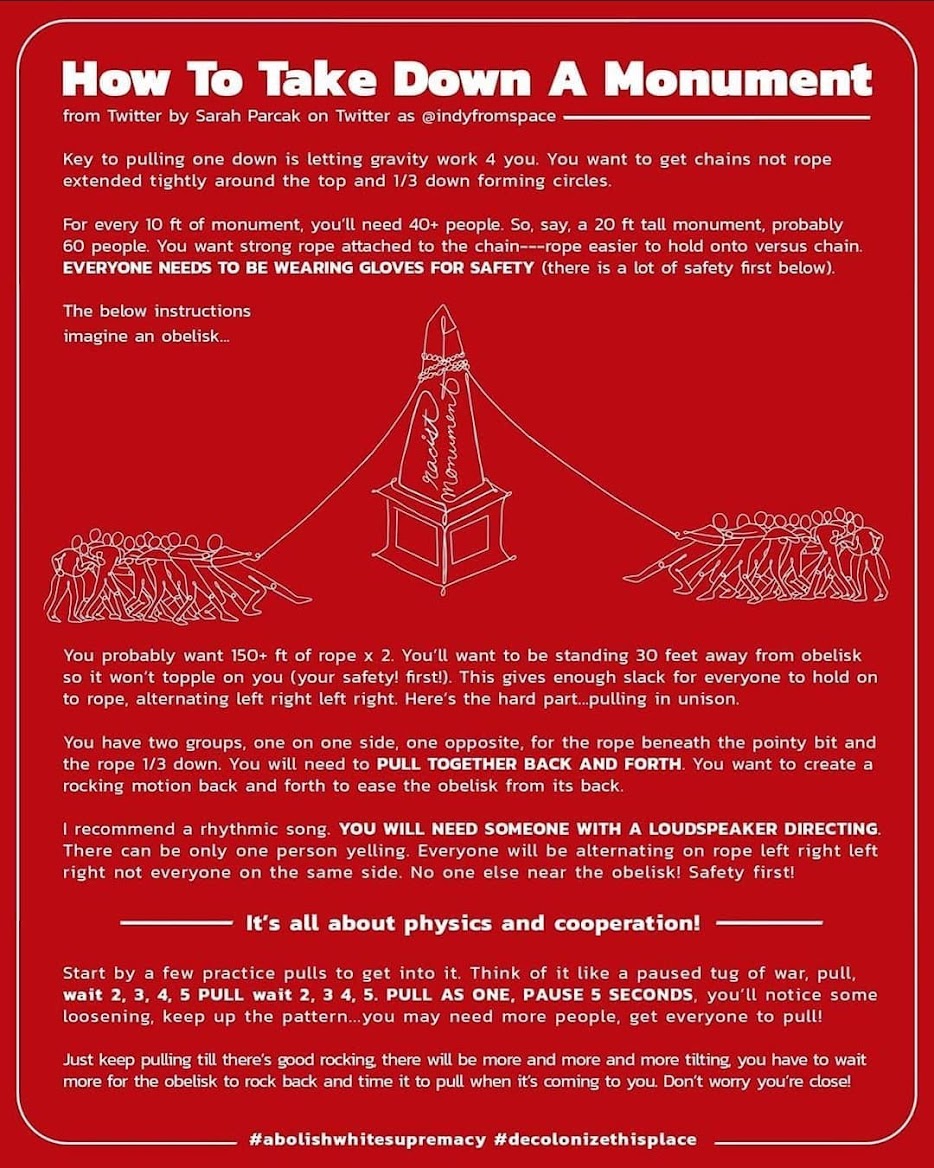The overcrowding Ryan refers to is a serious problem - that's one reason why some guys like Shannon Palmer and James Jennings got killed - the ADC got sloppy about cell assignments, too. But why build more prisons, instead of invest more in our communities? That doesn't make sense - especially since so many of the folks we're putting in there are seriously mentally ill, and need treamtent and housing, not prison. Judges just send them there because they don't know what else to do when the hospitals stop taking them and group homes put them out on the streets.
Those people constitute many of the non-violent repeat offenders that the AZ prosecutors and the Department of Corrections are trying to make us all think are also violent by creating one big category for all of them and packaging it in a pseudo-scientific "report" (sponsored by the state's prosecutors, of course). With it, they've declared that they have "all the right people in prison" since that combined category includes 94% of the incarcerated.
It's clearly intended to manipulate public sentiment in favor of building more prisons. They don't bother to explicitly tell us that at least 35% of those in that category are actually are NON-violent, because they know we wouldn't approve of more beds for citizens behind bars at $22,000/year per prisoner unless those people actually threaten or scare us. So many of these folks are just a danger to themselves and a nuisance to the rest of us. That shouldn't warrant exile to prison, brutality, and an early death.
Now, take a look at the AZ Department of Corrections' May 2011 "Corrections-at-a-Glance". Under "Inmate counseling and treatment services", note three things:
1. nearly a quarter of the prisoner population receives on-going mental health treatment - which isn't even counting all those who actually need it, but are just stuck at Supermax in solitary (or doubled or tripled up in a solitary cell with another crazy prisoner) to suffer it out.
2. Three-quarters of all new prisoners are coming in with substance-related problems, but
3. by eleven months into the fiscal year only 1,810 prisoners had received any kind of substance abuse treatment - and this is a state where some drug and alcohol offenders get mandatory prison time...in fact, I just heard a judge a couple of weeks ago tell some poor guy she was sending away that she thinks he's sincere about drug rehab and she'll recommend that the ADC place him in an appropriate treatment setting for it. I think she was as sincere as the prisoner was, too. Don't the judges in this state have any clue what really happens to the people they lock up?
Check out that report page again in a couple of weeks and you'll find the June 2011 "Corrections-at-a-Glance", which will give totals for the year.
Finally, if you're really interested in what's gone wrong with the state prison system in the past few years (not that anything was ever "right" about it, but folks are now killing themselves and each other at twice the rate), then just look at the difference between Dora Schriro's last five year plan (2010-2014) and current director Chuck Ryan's latest one (2012-2016).
 Keeping prisoner homicides and suicides to zero actually used to be a goal, and many issues relevant to rehabilitation and reducing recidivism were tracked and reported. Now reducing prisoner neglect, violence or death no longer seem to be pertinent goals or objectives (except when it comes to reducing violence against staff of the medical bill for assaults on prisoners). Ryan's plans and reports don't even tell us how many suicides there have been in the preceding year - just homicides (of which there are still investigations pending, so don't even take that figure as a final count).
Keeping prisoner homicides and suicides to zero actually used to be a goal, and many issues relevant to rehabilitation and reducing recidivism were tracked and reported. Now reducing prisoner neglect, violence or death no longer seem to be pertinent goals or objectives (except when it comes to reducing violence against staff of the medical bill for assaults on prisoners). Ryan's plans and reports don't even tell us how many suicides there have been in the preceding year - just homicides (of which there are still investigations pending, so don't even take that figure as a final count).The problem isn't just with Ryan, though: the state legislature has explicitly refused to take any responsibility for prison oversight - which I think indicates either corruption or cowardice - or both. Clearly the private prison lobby in this state is much more powerful than the health care or consumer rights' lobbies, because a lot of otherwise non-criminal people are going to prison who should be getting medical care for their psychiatric or addictive disorders instead - and it would cost us all a hell of a lot less, in the end, than it does to criminalize, incarcerate, and brutalize "them" (who, in some cases, are actually "us" and our loved ones...).
Arizona to expand private prisons
This month, and possibly as early as next week, the Arizona Department of Corrections is expected to recommend what company or companies should be awarded a contract to provide 5,000 new minimum- and medium-security prison beds.
That contract, put out to bid last January, is moving forward even though, after years of steady growth, Arizona's state-prison population has leveled off for the past year and a half - and even though all five bidders have checkered records of managing other private prisons.
Plans to add 5,000 new prison beds first surfaced last year as part of an unprecedented and massive bill legislators passed to privatize the entire state prison system. That ambitious privatization plan fizzled when no corporations showed any interest in a wholesale takeover. The proposal for 5,000 new private-prison beds survived, however.
Growth projected
At the time, based on growth rates, the Department of Corrections projected that Arizona would need another 8,500 prison beds by 2017. But since the end of 2009, when there were 40,585 inmates in the state prison system (including five private-contract prisons), the daily inmate count has fallen 1 percent to 40,181 at the end of June.
The Department of Corrections was the only major state agency to avoid a budget cut for the 2012 fiscal year, which began Friday. Its budget rose $10 million from last fiscal year, to $1.06 billion.
Some observers say that, given tight economic times, the state should reconsider paying to build more prisons.
"I don't think there's a need for it," said Rep. Cecil Ash, R-Mesa, who tried unsuccessfully last legislative session to promote sentencing reforms.
Ash noted that Texas, Missouri, South Carolina and other states have managed in recent years to reduce their prison populations and their crime rates at the same time.
He says Arizona should move in that direction instead of expanding private prisons.
A variety of federal and state studies have shown that Texas, Mississippi, Georgia, North and South Carolina, Kansas, Michigan and other states have managed to reduce both their crime rates and their prison populations by increasing alternatives to prison for some drug and nonviolent offenders, and creating more flexible sentencing practices.
The plan for the new beds was part of Gov. Jan Brewer's executive budget in 2010. The Governor's Office did not return calls seeking comment on the need for the contract.
Over capacity
Corrections Director Charles Ryan said that even with prison population growth tailing off, essentially all the state prisons are over capacity.
"There are temporary beds that have been there 30 years," he said recently, at the state prison at Florence. The new beds would allow the state to eliminate many double bunks in cells or overcrowding in dorms that weren't built for the number of prisoners they now hold, he said.
Ryan also said he doesn't expect the number of inmates to stay level indefinitely.
The department didn't offer any theories as to why the inmate population has stayed level of late.
In any event, Ryan noted, the state's request for proposals would phase in the beds, with 2,000 to be filled by April 2013, and the remaining 3,000 to be completed by April 2015. The request notes that everything is subject to the legislative appropriations process.
All five companies that bid on the project have experienced escapes and other issues at other prisons they operate. All of the companies are supposed to disclose, in their bids, any escapes, homicides, assaults on staff or inmates, riots or other disturbances, and various other issues at any prisons they operate. That history, however, accounts for less than five percent of the point total in the criteria used to evaluate the bids.
The bidders
Those companies are:
- Geo Group Inc., of Boca Raton, Fla. A publicly-traded company, Geo operates about 80,000 prison beds at 116 federal, state and local prisons and treatment facilities in the U.S. and three other countries. It reported $62.8 million in net income on $1.27 billion in revenues for its most recent fiscal year ending Jan. 2. It operates three prisons under contract with the Arizona Department of Corrections: the Central Arizona Correctional Facility (medium security) in Florence, and the minimum-security Phoenix West and Florence West prisons.
Geo has had at least 27 escapes in the past seven years, according to press accounts, including one three years ago that led to a murder in a convenience store in Houston. In 2007, Texas canceled an $8 million contract with Geo and closed the Coke County Juvenile Justice Center, citing filthy conditions. The company is currently fighting a suit by the American Civil Liberties Union alleging the use of excessive force, and unconstitutional and barbaric conditions at its Walnut Grove Youth Correctional Facility in Walnut Grove, Miss. Meanwhile, the FBI and a federal grand jury are investigating alleged illegalities in the appropriations and the construction of Geo's $120 million Blackwater River Correctional Facility in Florida. The company did not respond to calls and e-mails seeking comment.
- Management & Training Corp., of Centerville, Utah. A privately-held company, MTC operates 20 prisons in seven states, with a capacity of 26,000 prisoners. It does not publicly release financial data. It began in 1981 operating federal Job Corps centers. MTC operates two prisons under contract with the Arizona Department of Corrections, a medium/minimum security facility in Kingman and a minimum-security facility at Marana.
MTC currently faces lawsuits over the deaths of an Oklahoma couple killed after three inmates escaped from its Kingman prison last year. The company has also had escapes from prisons it operates in Texas and Utah. In two separate instances, it has been ordered by the U.S. Department of Labor to repay a total of more than $650,000 in back wages to officers from whom it withheld overtime pay in Texas and four other states. MTC spokeswoman Issa Arnita noted that the Utah escapees were inmates working outside the prison. And she said MTC added razor wire - not then required by Texas at minimum-security facilities - after the Texas escapes. She said that after the Department of Labor determination, MTC voluntarily audited all its facilities and compensated any employees who were due back wages.
- Correctional Corp. of America, of Nashville, Tenn. CCA is the largest private-prison company in the U.S., housing about 80,000 federal and state prisoners in 66 facilities across 19 states and the District of Columbia. A publicly-traded company, CCA reported net income of $157 million on $1.67 billion in revenues for 2010. It has no contracts with the Arizona Department of Corrections, but houses federal inmates and inmates from Hawaii, California and Washington at six prisons in Eloy and Florence.
CCA has had at least 21 escapes at various facilities over the past decade, including several that have led to assaults and other crimes. CCA also faces several lawsuits over its Idaho Correctional Center, dubbed the "Gladiator School" for allegations that guards and supervisors there regularly allowed violent inmates to assault and beat other inmates during 2009 and 2010. In January 2010, Kentucky Gov. Steve Beshear ordered hundreds of female prisoners removed from CCA's Otter Creek Correctional Complex after a series of charges that guards regularly sexually assaulted female inmates there. CCA did not respond to calls and e-mails seeking comment.
- Emerald Correctional Management, of Lafayette, La. A privately-held company, Emerald operates about 3,800 beds at six federal, state and local prisons. It has no contracts with the Arizona Department of Corrections, but operates the San Luis Regional Detention Center south of Yuma in partnership with the U.S. Marshals Service and Immigration and Customs Enforcement. It has had at least five escapes in the past decade.
Last year, the Houston Chronicle, reporting on the death of a Cuban immigrant, investigated the company's Rolling Plains Regional Jail and Detention Center in Texas. It noted that the company had no doctors to care for more than 500 immigration detainees at the facility, using only poorly supervised vocational nurses. Emerald did not respond to calls for comment.
- LaSalle Southwest Corrections, of Ruston, La. A privately-held company, LaSalle operates about 7,700 beds at 12 prisons in Texas and Louisiana. It has no contracts with the Arizona Department of Corrections. It has had eight escapes in the past six years, including three of minimum-security prisoners who walked away while on work crews outside the prisons.
Billy McConnell, a managing director of LaSalle, said that the company has never had an injury to a citizen or staff member as a result of an escape. "Anytime something like that happens we review our policies and procedure to make sure we know what went wrong, and we try to eliminate the possibility of that happening again," he said.









No comments:
Post a Comment